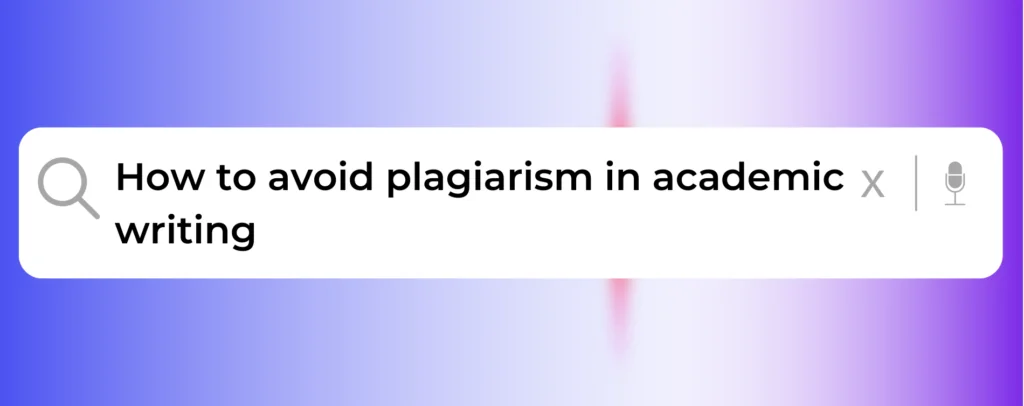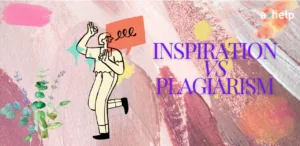TLDR
The video explains how to avoid plagiarism in academic writing and what happens if you plagiarize in college. It emphasizes the importance of crediting sources when using others’ ideas or writing, whether through direct quotes or paraphrasing. Plagiarism includes using text or ideas without attribution and claiming them as one’s own. The script advises on how to correctly cite sources in various formats and distinguishes between common knowledge (which doesn’t require citation) and unique information or ideas (which do). The overall message is to ensure clear differentiation between one’s own ideas and those sourced from others to avoid plagiarism by using a free plagiarism detector.

✅ AI Essay Writer ✅ AI Detector ✅ Plagchecker ✅ Paraphraser
✅ Summarizer ✅ Citation Generator
This article is a summary of a YouTube video “Plagiarism: How to avoid it” by Bainbridge State College
Key insights

- Always Credit Original Authors: When using someone else’s writing or ideas, always give them credit to avoid plagiarism. This applies to both direct quotations and paraphrased content.
- Use Quotation Marks for Direct Quotes: If you’re quoting text directly, use quotation marks and mention the source clearly. For longer sections, use block quotes.
- Cite Sources for Paraphrased Information: Even if you’re not quoting directly but are using information from a source, you need to cite where the information came from. This shows you’re acknowledging the original source of the information, even if you’ve rewritten it in your own words.
- Understand When to Cite: Recognize the difference between common knowledge, which doesn’t require citation, and specific information or unique ideas, which do. For example, widely known facts like “George Washington was the first U.S. President” don’t need a citation, but specific statistics or theories do.
- Follow Required Citation Styles: Be familiar with and correctly apply the citation style (like APA, MLA, etc.) required for your paper. This includes citing sources within the text and in the bibliography or reference list.
Timestamped Summary
- 0:00-0:10: Introduction to the topic of avoiding plagiarism in academic writing.
- 0:10-0:36: Definition of plagiarism as using others’ writing or ideas without giving credit, and emphasis on the seriousness of plagiarizing entire texts.
- 0:36-0:55: Explanation of unintentional plagiarism and the necessity to differentiate between one’s own ideas and those of others in a paper.

- 0:55-1:12: Advice on quoting sources directly with quotation marks or block quotes, and the need to cite sources even when not quoting verbatim.
- 1:13-1:41: Example of how to cite information derived from a source, using the number of troops in the Normandy invasion as an illustration.
- 1:41-2:12: Guidelines on citing sources according to different academic styles (APA, MLA) and the importance of citing ideas, not just facts.
- 2:12-2:26: Clarification that one’s own conclusions based on research don’t need external citation, and it’s acceptable to mix sources with personal ideas, provided sources are cited.
- 2:26-2:43: Note on common knowledge not requiring citation, with an example of a well-known historical fact.
- 2:43-End: Conclusion and direction to additional resources for avoiding plagiarism.
Q&A
Follow us on Reddit for more insights and updates.





Comments (0)
Welcome to A*Help comments!
We’re all about debate and discussion at A*Help.
We value the diverse opinions of users, so you may find points of view that you don’t agree with. And that’s cool. However, there are certain things we’re not OK with: attempts to manipulate our data in any way, for example, or the posting of discriminative, offensive, hateful, or disparaging material.